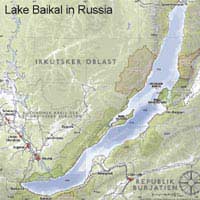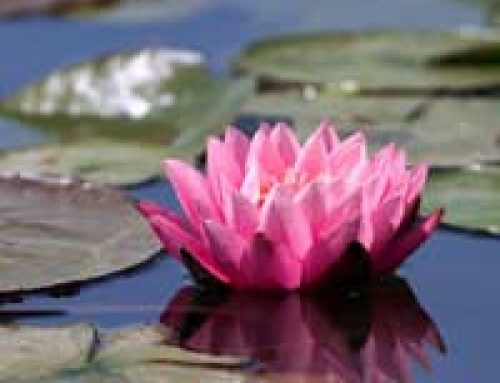
You obviously can’t have a pond without water, but there’s a lot more to the wet stuff than simply filling our liners and providing a home for a whole range of plants, fish and invertebrates. Everyone knows it’s essential for life and that there’s a lot of it to be found on the little blue planet that we all call home, but the story certainly doesn’t end there, so here’s a collection of facts and trivia about water to fill in some of the gaps.
Of course, you may well already be very aware of some of them, but there’s probably a few that you either probably won’t – or had forgotten.
Global Water
- The total volume of water on the Earth amounts to 326 million cubic miles (1.36 billion cubic kilometres) – give or take a drop!
- Water covers around 71 per cent of the planet’s surface.
- Saltwater makes up 97 per cent of this; a mere three per cent is fresh.
- Two thirds of this freshwater is permanently frozen; only one per cent of all the water on Earth is in the form of liquid freshwater.
- Lake Baikal in Russia, the world’s largest lake by volume, holds a fifth of the planet’s freshwater.
Water Cycle
The amount of water in the world has been the same for the past 2 billion years!
In every 100 years, each individual molecule of water spends on average only about a fortnight in lakes and rivers, and just a few days in the atmosphere. It spends around 98 years in the world’s oceans and seas!
Experts have identified 16 individual steps in the global water cycle; the six major ones are evaporation, condensation, precipitation, infiltration, transpiration and run-off.
Groundwater often travels very slowly, and can take up to a hundred years to travel a mile.
A tenth of the water in the atmosphere at any one time is the product of transpiration by plants.
Water Science
- Frozen water is around 10 per cent less dense than liquid water, which is why ice floats.
- Water is densest at 4 degrees C.
- Surface tension is created by electrical forces between the individual molecules of water and is how insects such as pond-skaters manage to get around.
- Every individual water molecule is made up of three atoms; two of hydrogen and one of oxygen – hence the famous formula H20.
- “Hard” water contains a high level of minerals, mostly calcium and magnesium.
Water and Ponds
The ‘magnificent seven’ of pond water quality are:
- ammonia
- nitrite
- nitrate
- dissolved oxygen
- pH, carbonate
- calcium.
The larger your pond, the easier it is to keep the water chemistry stable.
Water holds less oxygen the warmer it gets.
Each day the sun evaporates around a trillion tonnes of water – no wonder you need to top up your pond in the summer!
A typical pump circulates around 2000 litres of water per hour; that’s the equivalent of the volume of water consumed by 12 average Britons in a day!
Whether or not you knew most or all of that before, one thing is clear; from a pond-keeper’s point of view, you can never really know too much about water!
Last Modified: May 24, 2022








What is the range of pH value we should maintain for a Bio Pond for plants?
found a dead fish in my pond. slightly decomposed..now the pond stinks of fish. how do i cleanse it?